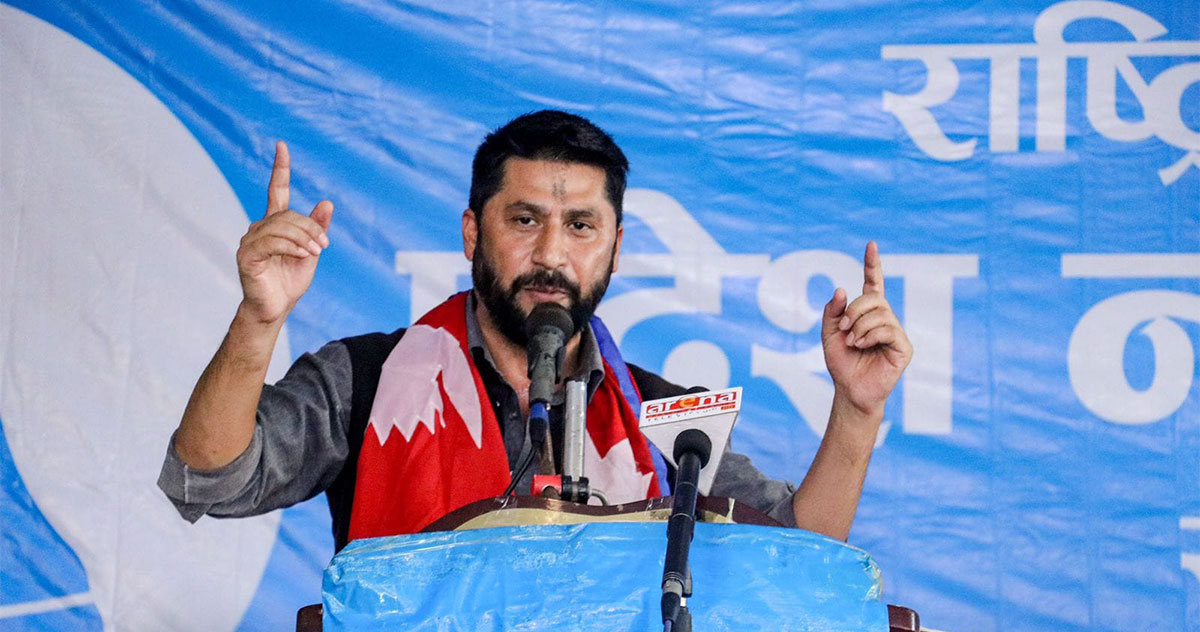Public holidays need to be reviewed: PM Dahal
Prime Minister Pushpa Kamal Dahal has said that public service delivery has been affected due to the large number of government holidays, while calling for a review of it. Speaking at a meeting of the Democracy Day Main Celebration Committee at the Office of the Prime Minister and the Council of Ministers today, Prime Minister Dahal said, "Our official holidays have become too many. This has affected public service delivery. We have also discussed in the Council of Ministers that this needs to be reviewed.” Meanwhile, the meeting today decided to celebrate Democracy Day with a variety of programs on February 19. The main ceremony organizing committee has been formed under the coordination of the Prime Minister. The National Democracy Day is celebrated in commemoration of the historic day when a popular uprising brought an end to the autocratic Rana regime, paving the way for establishment of democracy in the country on Falgun 7, 2007 B.S.
National Assembly Vice-Chair Urmila Aryal assumes office
National Assembly Vice-Chairperson Urmila Aryal assumed office on Tuesday. Before assuming the office, she took the oath of office and secrecy from National Assembly Chairman Ganesh Prasad Timilsina in the presence of President Bidya Devi Bhandari amidst a special function held in Sheetal Niwas this afternoon. Vice-President Nanda Bahadur Pun, Prime Minister Pushpa Kamal Dahal, Speaker of the House of Representatives Devraj Ghimire, heads and representatives of the constitutional bodies, leaders of different political parties and media persons were present on the occasion. Aryal was elected unopposed as the National Assembly Vice-Chair on Monday.
USAID administrator Samantha Power arrives in Kathmandu
Samantha Power, administrator of the United States Agency for International Development (USAID), arrived in Kathmandu on Tuesday. During her stay in Nepal, she will pay courtesy calls on Prime Minister Pushpa Kamal Dahal and Foreign Minister Bimala Rai Paudyal. She will also hold talks with civil society leaders, community groups, students, businesses, and government officials. Administrator Power will underscore the United States’ enduring, more than 75-year partnership with the government and people of Nepal. She will highlight USAID’s commitment to increasing our engagement with Nepal and its new government. Administrator Power will announce new efforts to build momentum to strengthen democratic gains in federalism, social inclusion, civil society, and media freedom, according to a statement issued by USAID.
PM Dahal condoles loss of lives in Turkey earthquake
Prime Minister Pushpa Kamal Dahal has expressed deep grief over the death of dozens of people in the earthquake in Turkey. On behalf of the Nepal government and Nepali people, PM Dahal paid tribute to the departed ones and expressed condolences to the bereaved families, according to the PM's secretariat. The earthquake measuring 7.8 in Richter scale hit South-east Turkey bordering Syria at 4:17 am local time, according to international media.



















